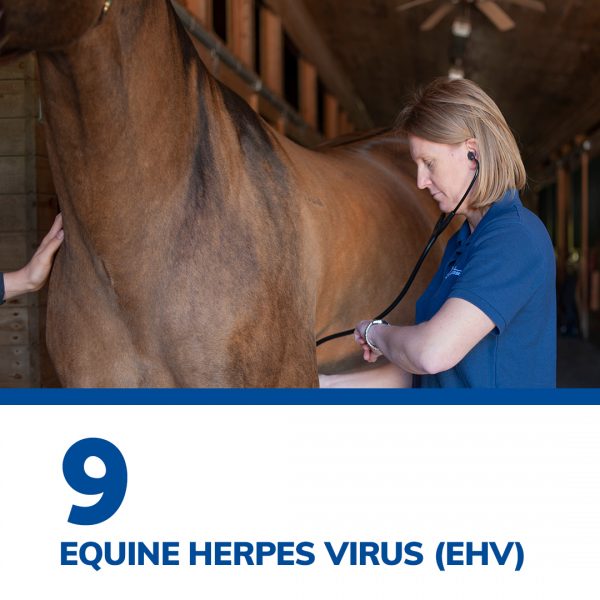SmartPak’s Top 12 of 2021
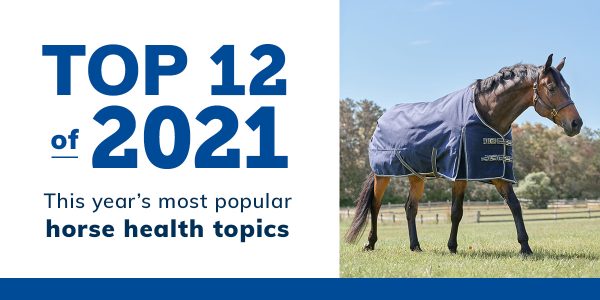
With 2021 coming to an end, we’re counting down and sharing our top 12 Horse Health Editorials based on your clicks, views, and engagement. Ready to see what made the cut? Read more below!
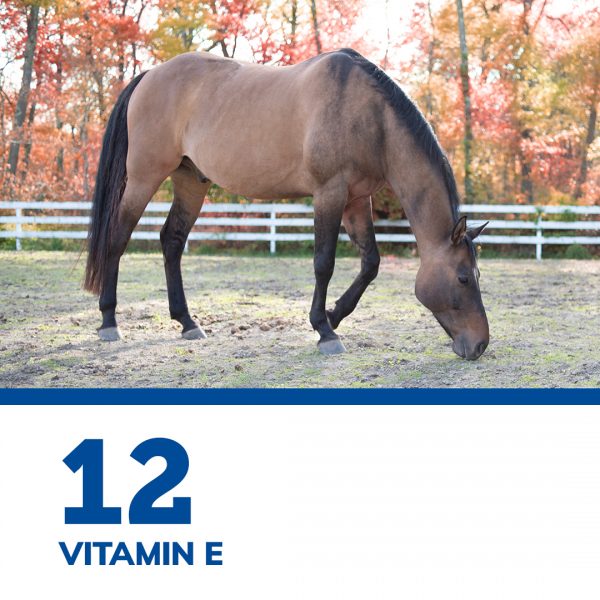
Dr. Lydia Gray, SmartPak Staff Veterinarian & Medical Director, discusses Vitamin E for horses: where can horses get it, how much should a horse get per day, and what is the difference between natural and synthetic Vitamin E.
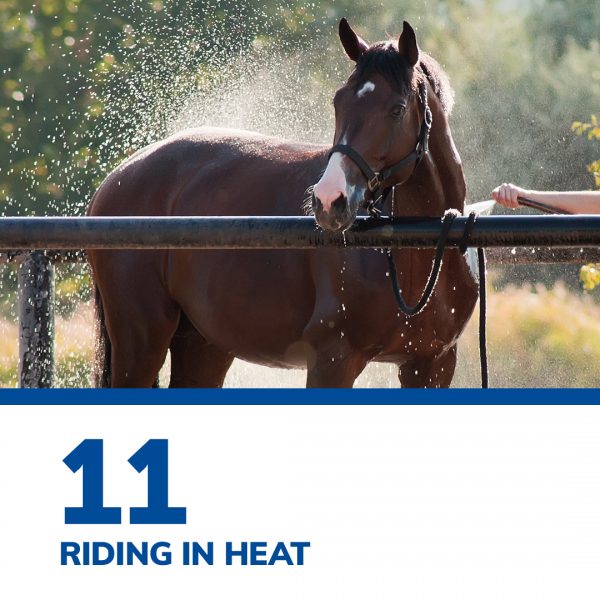
What’s too hot to ride for you? Is your heat threshold the same as the other riders you know? Dr. Lydia Gray, SmartPak Staff Veterinarian & Medical Director, and SmartPaker Sarah talk about how to determine when it’s too hot to safely ride your horse, cooling products, and the rule of 150.
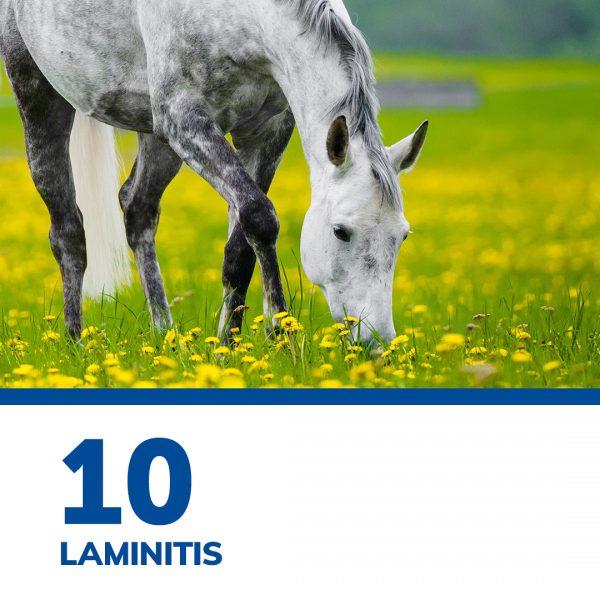
A complex sequence of events occurs during laminitis, potentially altering blood flow or circulation in the foot, resulting in damage to this tissue. When the damage is severe enough, the laminae die and the coffin bone inside the hoof is no longer supported in the hoof. So how do we help keep our horses, and their hooves, healthy?
A great majority of horses are exposed to EHV-1 early in life and develop a latent infection, meaning they carry the virus their whole lives without showing signs of illness. Nine different equine herpes viruses have been identified and numbered, but the focus is on EHV-1 and EHV- 4 because those are the two that can result in serious disease in the horse– do you know how to identify those more serious strains?
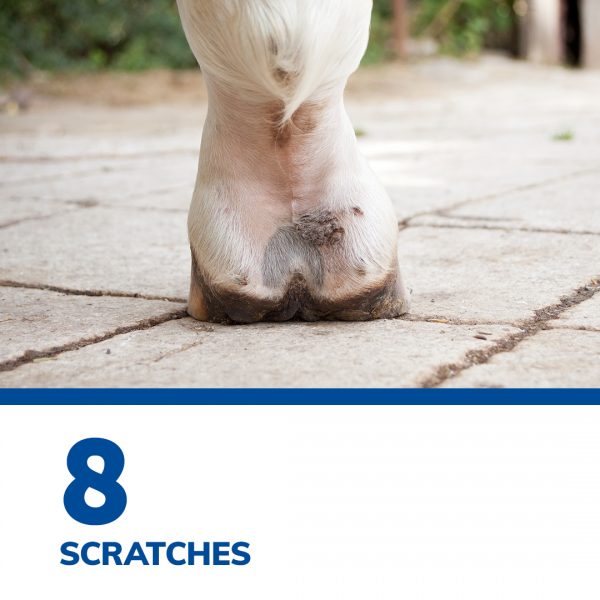
Scratches are a national problem, a universal problem, and a painful one for some horses. However, it turns out that they’re different in different parts of the country! Dr. Lydia Gray, SmartPak Staff Veterinarian & Medical Director, talks about Scratches in horses, how to prevent them, and how to treat them.
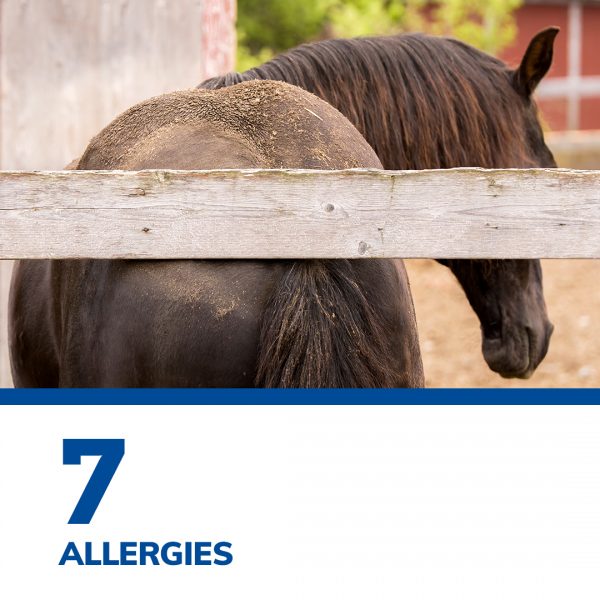
Allergic reactions are extremely common in horses, whose immune systems can overreact or become hypersensitive to things they touch, inhale, eat, or that are injected into them. Hives and intense itching of the skin, as well as coughing and nasal discharge, are the most frequent displays of allergies in horses. Does your horse display the common (or uncommon) signs of allergic response?
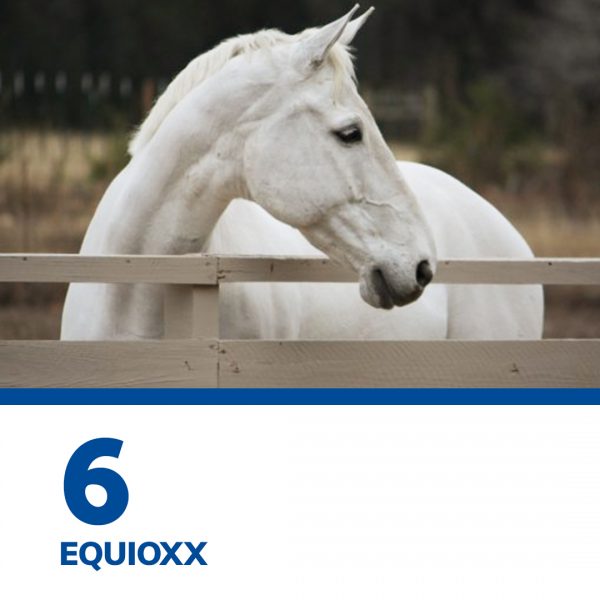
Dr. Lydia Gray, SmartPak Staff Veterinarian & Medical Director and SmartPaker Dan talk about the use of Equioxx in riding horses as well as the very serious reasons why you need to talk to your vet about Equioxx, recognizing the first signs that your horse is having an adverse reaction to it, and surprisingly, the proper way to pronounce the name!
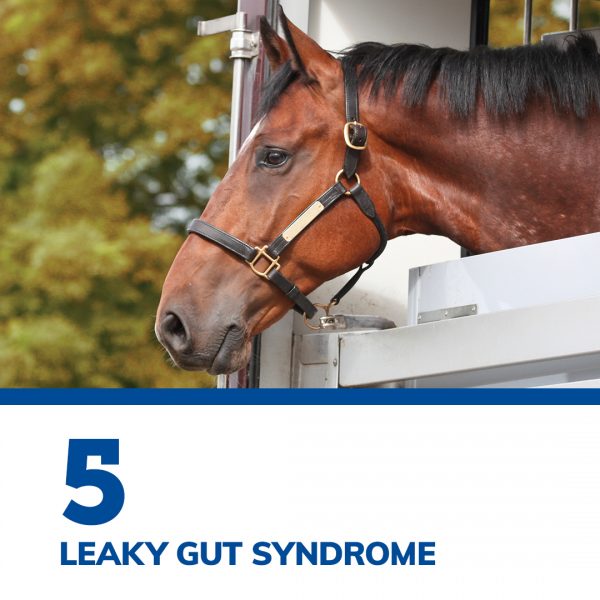
Nearly 70 percent of the body’s total immune system is found in the gut. In addition, the intestinal lining itself serves as a barrier to agents that could cause disease and illness if allowed to pass through. So what is “leaky gut syndrome”? Why does it matter? What causes a “leaky gut” in horses, and what can be done about it?
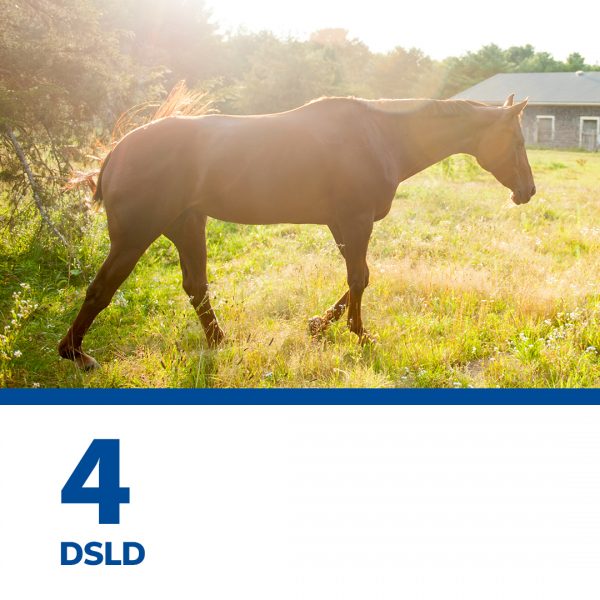
DSLD (Degenerative Suspensory Ligament Desmitis) is a relatively recently recognized condition in horses in which a major supporting structure of the lower legs degenerates or deteriorates over time. This painful and debilitating body-wide disease eventually reaches a point where the horse can no longer get up and down, move to food and water, or even stand comfortably. So what else do we know and how can we recognize it?
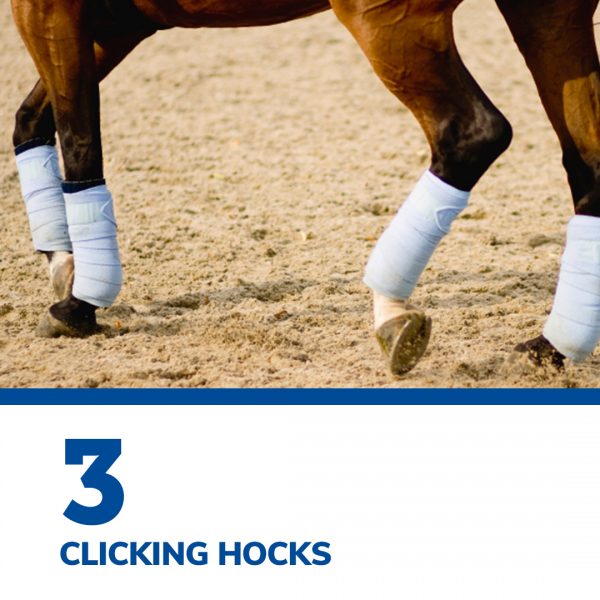
Dr. Lydia Gray, SmartPak Staff Veterinarian & Medical Director and SmartPaker Sarah reveal the secret communication method between elk and caribou and how it’s related to the clicking sounds you may hear in horses (sounds strange, but hear us out!). Dr. Gray also discusses what you should do if your horse’s hocks make noise.

Recently, a team of researchers has identified a genetic component to Kissing Spines in thoroughbreds, warmbloods, and quarter horses. One group of genes affects whether or not a horse will develop the condition at all, while two other groups of genes affect the severity of the condition. What do you think has the most impact? A horse’s height, gender, or age?

SmartPaker Dan and Dr. Lydia Gray, SmartPak Staff Veterinarian & Medical Director, tackle a question about blanketing a horse and what effect that has on the growth of the horse’s coat. Dr. Gray talks about the main trigger for a horse’s hair to grow, the role weather and seasons play, and whether or not blanketing has an effect on the growth of hair. The answer may surprise you!
Was number one what you thought it would be? Which of these Top Twelve was the #1 most interesting to you?
